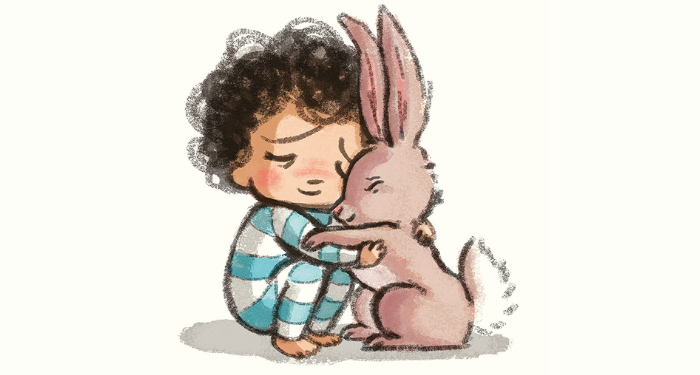We need children’s books about death. This may sound morbid, but it’s actually a life-giving necessity. Death is such a stunning subject. Every human will eventually face some type of loss. No two people feel identical emotions when processing such a huge event. In the end, everyone feels that their grief is different and unimaginable. Grown adults find it agonizing to put into words the way that losing someone special feels. With such a fraught subject, how is it possible to teach and support young kids experiencing loss? The answer, as always, includes books.
Children may grieve for lost loved ones in the form of family, beloved pets, community members lost to sickness or tragedy — there are so many ways that death creeps up and blindsides us. Our society has an unfortunate habit of downplaying or downright ignoring upsetting things, so frank conversations about loss and the long term effects of grief often go undiscussed. With or without an accompanying religious explanation, children need to hear that their painful emotions are valid. They also need help finding healthy ways to celebrate and remember their lost loved one.
If a child (or any person, really) experiences the death of a loved one they saw regularly, I highly suggest reaching out to a mental health professional. Untreated loss can leave deep scars. However, there are things that can be done at a more personal level. I’ve rounded up children’s books about death that can spark important conversations. Many of these books use clear language and help the reader face uncomfortable emotions without euphemism. Others tell gentle stories that invite the reader to relate. All of them are designed to help children and the adults who love them process the loss of a loved one.
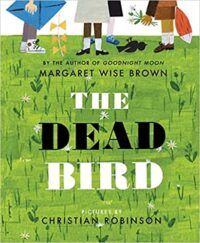
The Dead Bird by Margaret Wise Brown and Christian Robinson
A classic story updated with illustrations by the amazing Christian Robinson, The Dead Bird follows a group of children playing in the park when they discover the title character. The solemn funeral and other routines of grief allow the reader to see the ritual played out, and the closing image of children flying a kite hints at ways to remember lost loved ones.
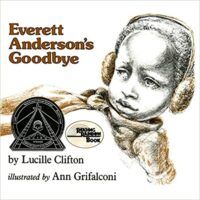
Everett Anderson’s Goodbye by Lucille Clifton and Ann Grifalconi
A young boy grapples with the death of his father in this painfully lovely story. Outlining each of the five stages of grief, Everett demonstrates a handful of the emotions a child may feel as the loss of such an important adult sinks in.
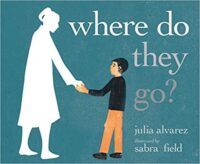
Where Do They Go? by Julia Alvarez and Sabra Field
Breaking from the narrative style, Where Do They Go? dives directly into the biggest question of all. A sweet, secular mediation on what happens after death, this poem offers aching ideas about the raindrops and winking stars that might hold a piece of missing loved ones. The woodcut illustrations are a perfect compliment to the bittersweet words.
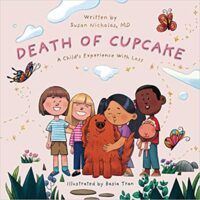
The Death of Cupcake: A Child’s Experience with Loss by Susan Nicholas MD, Amy Betz, and Basia Tran
Approaching loss from a consciousness angle, The Death of Cupcake reads slightly different than other children’s books about death. For some kids, the idea of death as a liberation and the concepts of infinite nature might be comforting. For others, not so much. This title is pretty unique in its take, but I offer it up for those drawn to this explanation of life after death.
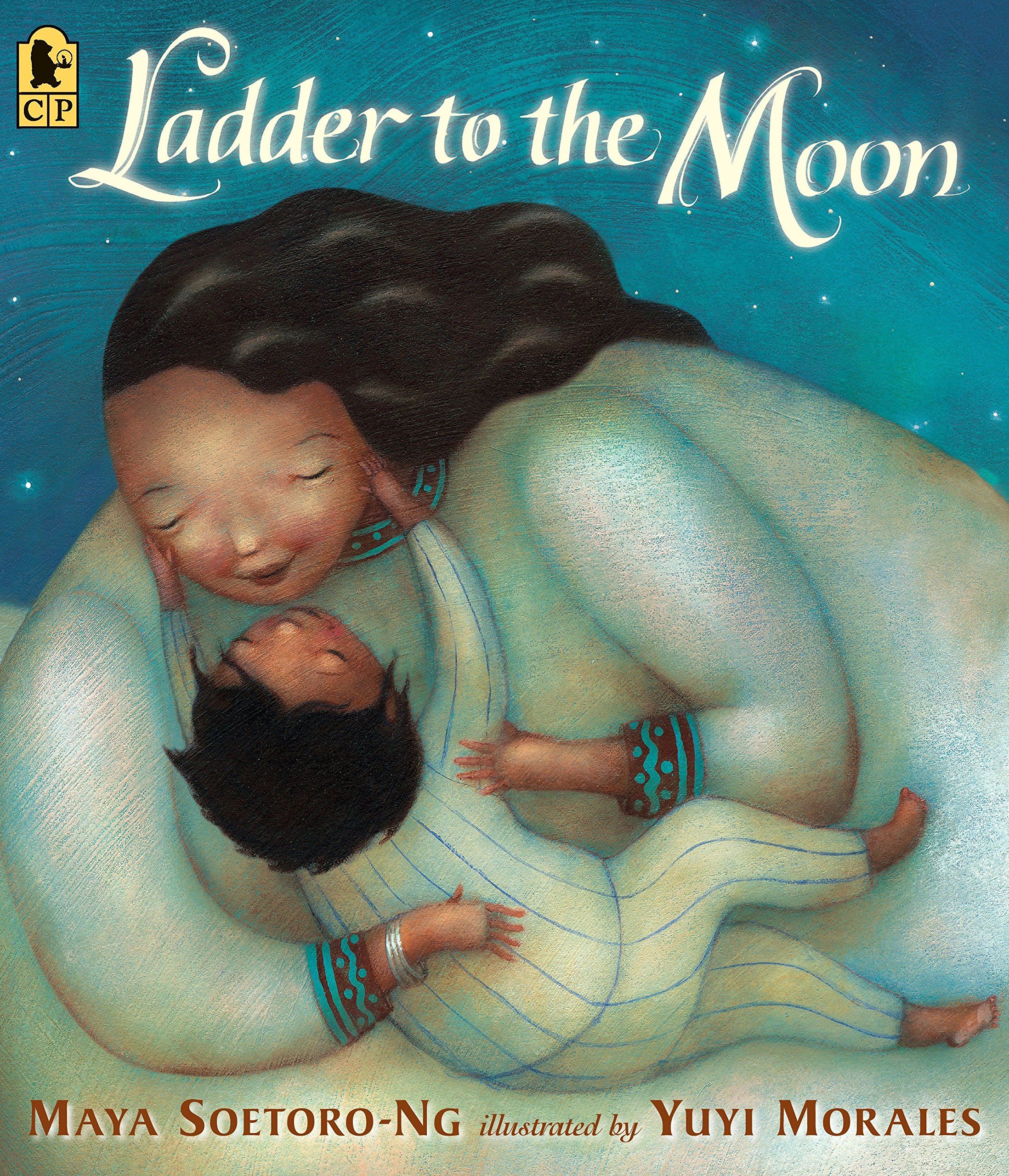
Ladder to the Moon by Maya Soetoro-Ng and Yuyi Morales
In this book celebrating intergenerational bonds of love, a young girl wishes she could have met the grandmother she hears about in her Mama’s amazing stories. Her wish comes true in dreams of a golden ladder that leads to magical adventures. This book reminds the reader that loved ones live on in the stories we tell.
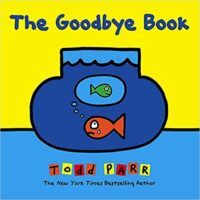
The Goodbye Book by Todd Parr
Parr, with his bold primary colors and simple but honest sentences, never fails. The Goodbye Book presents the complicated subject of loss in a gentle, accessible way. With many different examples shared, the reader is reminded that there is not one way to feel, and not one way to deal.
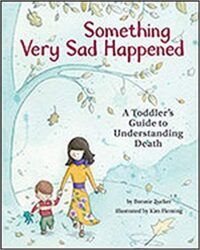
Something Very Sad Happened by Bonnie Zucker and Kim Fleming
Developed to for very young toddlers (think 2 or 3 years old), this story is actually more of a script for sharing the details of what has happened around a loss. It even includes highlighted spaces where specific names can be inserted to make the conversation more concrete for young minds. Additionally, there is extensive material for caregivers to help include young children in mourning rituals, answer questions, and remember lost loved ones.
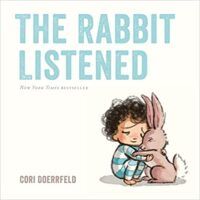
The Rabbit Listened by Cori Doerrfeld
Taylor is struggling to process something sad. Everyone shares what they think the correct reaction would be, but it’s not helping. Nothing brings relief, until the rabbit arrives, and does nothing but listen. It’s a great reminder for kids and for the fixers in their lives who are desperate to make it better.
No one ever wants to need children’s books about death, but hopefully you’ve found some that help the healing begin. Looking for books to support slightly older kiddos? Check out this list of middle grade books about grief.
